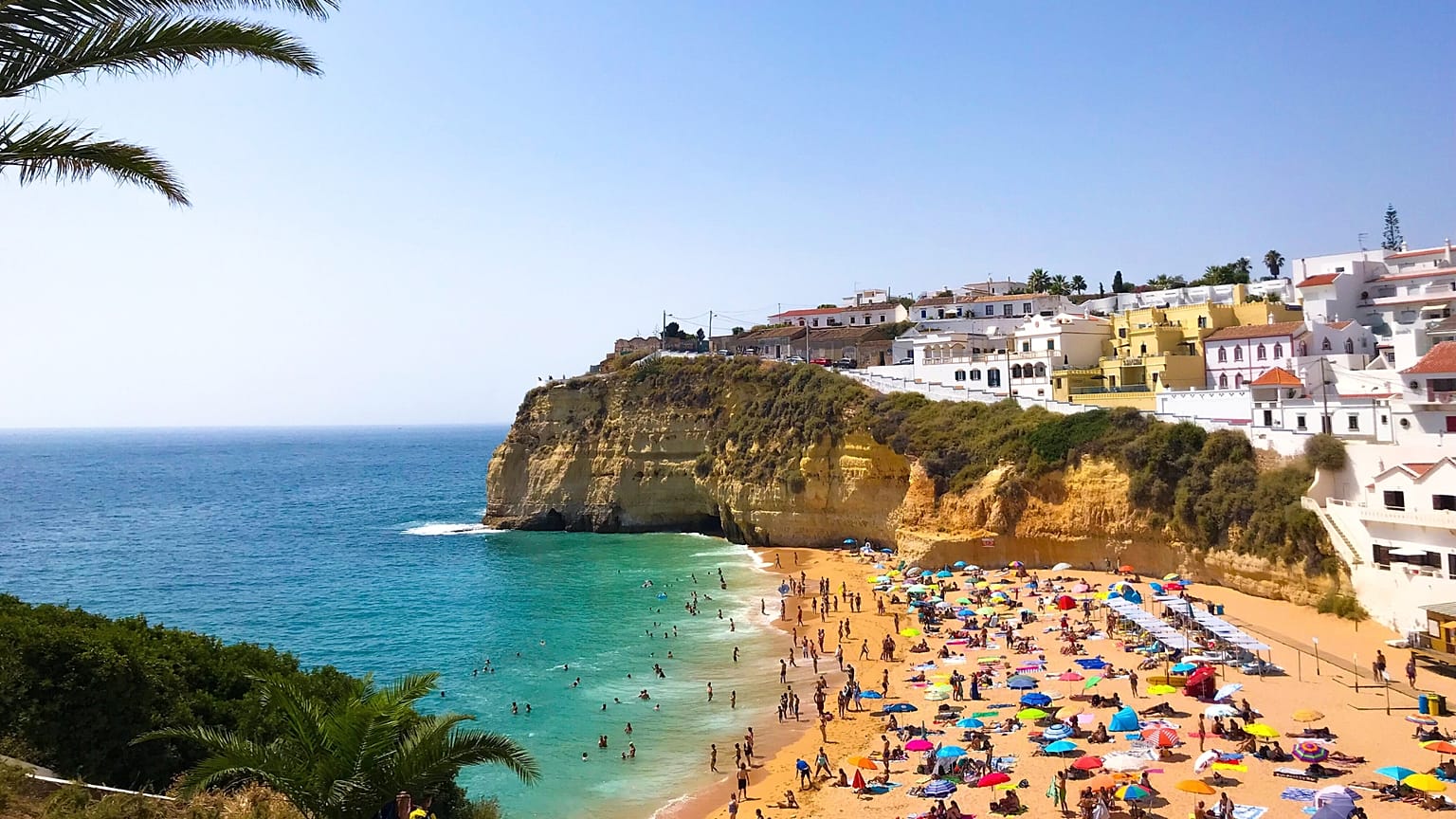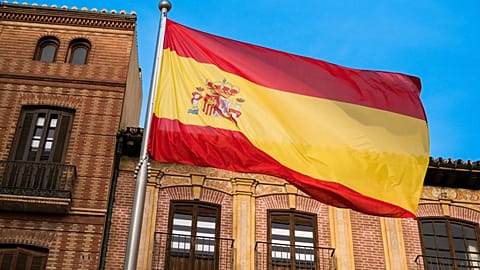Portugal wants to end its golden visa scheme - but not everyone is on board.
Countries across Europe are scrapping their ‘golden visa’ schemes citing security risks and inflated house prices.
 ADVERTISEMENT
ADVERTISEMENT
 ADVERTISEMENT
ADVERTISEMENT
The European Union has urged member states to end programmes allowing investors to get citizenship and called for stricter checks when issuing residency permits. It says they are a security and money laundering risk.
But the bans have received a mixed reception - especially in Portugal, which proposed an end to its scheme in February.
So do golden visas help or hurt local people?
What are golden visas and why are they controversial?
Golden visas offer residency by investment to wealthy individuals. In some cases, applicants need to bring value by starting a business in the country, while in others they are required to make a direct investment, often into property.
Those who apply for the schemes may be seeking to pay lower taxes or to gain a better quality of life - be it down to costs, weather or culture.
However, in the wake of the Ukraine war, countries like the UK and Ireland ended their golden visa schemes to crack down on possible abuse by Russian nationals.
It is thought the schemes could be used to gain entry into countries, abuse tax systems and bring in dirty money.
Portugal has a different reason for ending the visa. The country’s scheme allowed foreigners to gain residency by buying property, which is thought to have contributed to inflated property and rent prices.
The government announced the end of golden visas in Portugal on 16 February this year and the scheme is expected to officially some time around mid-June.
How will ending golden visas affect housing in Portugal?
By ending its golden visa scheme - also known as the Residence Permit for Investment - Portugal hopes to tackle its housing crisis.
However, Vítor Reis, former president of the Institute of Housing and Urban Rehabilitation, told CNN Portugal that the problem of lack of supply of housing is not solved with "hostile measures towards those who invest".
In 2022, housing in urban centres was already excluded from the scheme, meaning the ban mostly affects less densely populated areas.
Portugal’s ‘More Housing’ scheme - which includes the golden visa ban - also targets short-term holiday rentals. However, restrictions on these will only apply to apartments and will not be enforced in low-density areas such as Madeira and the Azores.
How much do golden visas bring to Portugal’s economy?
Last year, golden visas brought in more than €530 million in investments, according to the Portuguese Association of Residential Tourism and Resorts (APR) - a nonprofit that promotes residential tourism in Portugal.
These could now be suspended, along with the creation of more than 1,000 jobs over the next two years, it says - though PM António Costa argues that very few golden visa holders generated employment through their investments.
APR also highlights the long-term economic impact. A PWC study it commissioned last year showed golden visa holders contribute about six times the value of their initial investment within five years.
How will ending golden visas affect tourist destinations in Portugal?
The ban will be “devastating for tourism and for investment in tourism products in Portugal,” says APR.
The association argues that many of the properties bought by golden visa holders are built specifically for tourists and “are not suitable for Portuguese families to live their daily lives”.
Some tourist destinations have highlighted the economic damage the ban will cause. In March, regional President of Madeira Miguel Albuquerque resisted the decision to end the visa scheme in the archipelago.
"The program has brought many high-income foreign residents to Madeira, with obvious benefits for the local economy," he said in an interview with daily newspaper Diario de Noticias.
The Azores also opposes dropping the visa, according to Albuquerque.

















